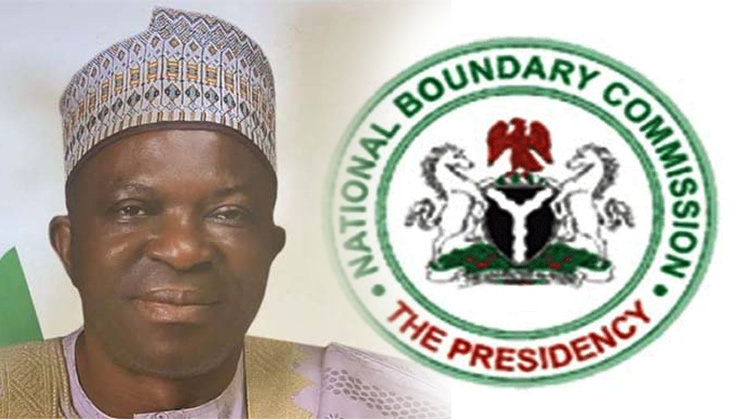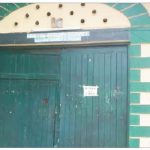The National Boundary Commission has begun fresh moves to end the lingering boundary dispute between Abia and Akwa Ibom states.
The commission summoned officials of the two states to a roundtable meeting in Abuja on Wednesday.
The Director General, National Boundary Commission, Adamu Adaji, noted that earlier meetings did not yield the desired results.
Adaji noted that the boundary in dispute covered 275 kilometres in length between the Old Cross River/Imo interstate boundary areas.
He added that the boundary has “tripoints’’ at Abia, Akwa Ibom and Cross River in the north and Abia, Akwa Ibom and Rivers in the south.
A tripoint or tri-border area is a geographical point at which the boundaries of three countries or subnational entities meet.
Adaji explained that the Federal Government promulgated the Decree 23 of 1985 to adjust the boundary on the recommendations of the Kaloma Ali Boundary Ascertainment Commission, as a starting point of the boundary.
He noted, however, that the directives of the Federal Government for the boundary to be delineated and demarcated with the emplacement of permanent boundary pillars were not implemented.
“Since taking over the boundary definition process, the commission has carried out various inconclusive field tracing and provisional demarcation exercises on the boundary.
“The challenges have always been the dearth of clear delimitation instruments or the non-clarity of them where they exist.
“Other challenges include the deliberate efforts to misinterpret the documents by stakeholders or their failure to accept them.
“Fortunately, we have succeeded in identifying sectors of the boundary that were not defined by the Decree line; the sectors in dispute as well as the sectors that the two states agreed as their areas of consensus,’’ Adaji said.
He said Wednesday’s meeting was organised to review the status of work on the boundary and discuss the way forward toward the completion of outstanding works.
He also called for the establishment of a joint technical team of officials of the Federal Government and the two states to document what had been done in the past.
Adaji added that the team would identify sections of the boundary that were covered and those not covered, and produce detailed maps for stakeholders to continue the conversation.
In his remarks, the Deputy Governor of Abia State, Mr Ikechukwu Emetu, described the border disputes as man-made, expressing confidence that it would be resolved.
Emetu, also Chairman of Abia Boundary Committee, advised that cases involving boundary adjustment should be handled in line with the provisions of the 1999 Constitution.
“If all of us decide to solve this problem for ourselves and our people, we shall surely find solutions that can be applied to the various sectors of the disputed boundaries,” he said.
Also addressing the meeting, the Deputy Governor of Akwa Ibom State, Akon Eyakenyi, expressed optimism that the two states would renew their vigour and adopt a progressive approach to resolving the issue.
“We are one, but we need to constantly remind ourselves and our people of this indisputable fact.
“These lingering disputes which date back to the 1980s are largely due to human nature and lack of political will on the part of the authorities,” he said.
(NAN)








